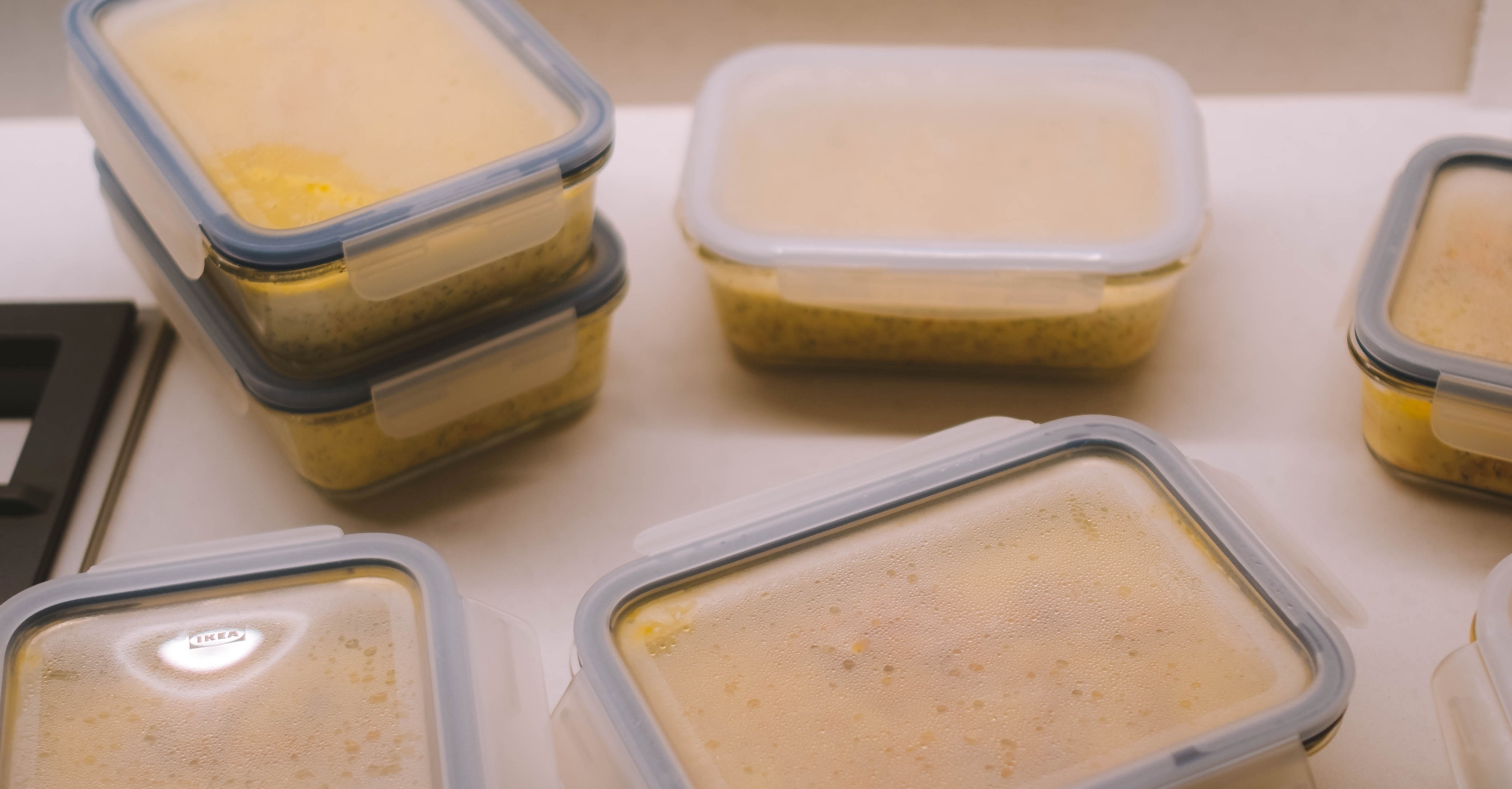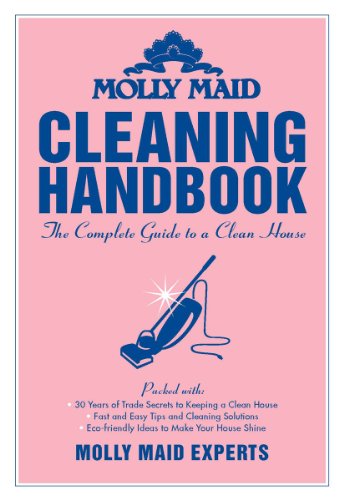
Five Frozen Food Myths That Are False
Our freezers tend to be mysterious places, without organization and planning food can be forgotten—and freezer burn is a constant threat. But it doesn’t have to be the place where food goes to die. Take control of your cold storage once and for all! All you need is a little bit of freezer know-how. Molly Maid sets the record straight on some popular freezer myths so you can better use this invaluable space.
FOOD MYTH #1: You Have To Freeze Food The Day You Buy It
FALSE! You can safely freeze most food up until the best before or use-by date. Airtight packaging is the key to keeping frozen food at its best. So, before tossing items in the freezer, take a look at the packaging and if necessary, rewrap to keep air out.
FOOD MYTH #2: Freezing Kills Bacteria
FALSE! Think of it this way, when we put food in the freezer, it’s like pressing pause in a movie. The food (and any bacteria on it) are held in limbo or a sleep-like state. Freezing does kill most bacteria. So be sure food is wrapped airtight, this will keep it fresh, free from freezer burn, and help avoid cross-contamination.
FOOD MYTH #3: Frozen Food Has Fewer Nutrients
FALSE! This myth is widely believed but untrue. Studies show that frozen fruit and vegetables often have more nutrients than fresh because they haven’t had to wait around to be sold. They were flash-frozen while fresh from the field. As for the nutrients in frozen raw meat, fish, and cooked dishes, nutrients should remain similar to when they were fresh.
FOOD MYTH #4: Cooked Meat Can Not Be Refrozen
FALSE! You can safely freeze cooked meats. Most foods previously frozen, thawed, and then cooked can be refrozen as long as they haven’t been sitting at room temperature for more than two hours. However, Health Canada does recommend that frozen cooked meat should be defrosted and used within 24 hours.
FOOD MYTH #5: All Food Can Be Frozen
FALSE! While essentially true, some foods once frozen become unstable. Vegetables, like lettuce, fresh tomatoes, and zucchini don’t maintain their crispness when frozen, they become watery when defrosted. Eggs are also something we don’t recommend freezing. Although egg whites can be frozen, cooked egg yolks thicken when they’re frozen, taking on a gelatinous quality.
https://www.goodhousekeeping.com/uk/food/a562353/freezing-myths-that-just-arent-true/
Photo by Kate Trifo on Unsplash

